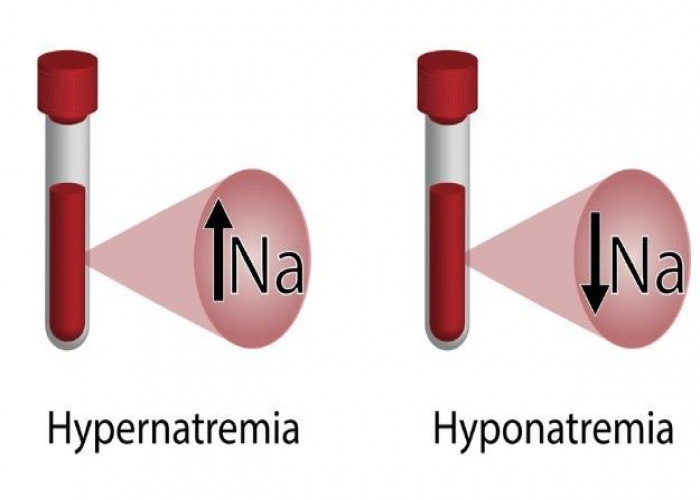 Welcome
Welcome
“May all be happy, may all be healed, may all be at peace and may no one ever suffer."
Hyponatremia

Hyponatremia is a medical condition in which the level of sodium in the blood is abnormally low. Sodium is an important electrolyte that helps regulate the amount of water in and around the body's cells.
Hyponatremia can occur for a variety of reasons, including excessive sweating, vomiting, diarrhea, kidney disease, heart failure, and certain medications. Drinking too much water, particularly during endurance events, can also lead to hyponatremia, as it dilutes the sodium level in the blood.
Symptoms of hyponatremia can vary but may include nausea, vomiting, headache, confusion, seizures, and in severe cases, coma.
Treatment for hyponatremia depends on the underlying cause and severity of the condition. In mild cases, simply reducing water intake may be sufficient to raise the sodium level. In more severe cases, intravenous fluids or medication may be necessary to help restore the proper sodium balance in the blood.
If you or someone you know is experiencing symptoms of hyponatremia, it is important to speak with a healthcare provider for an accurate diagnosis and appropriate treatment. Untreated or poorly managed hyponatremia can lead to serious complications, including seizures, brain swelling, and even death.
Research Papers
Disease Signs and Symptoms
- Nausea or vomiting
- Headaches
- Confusion (Hallucinations)
- Fatigue (Tiredness)
- Irritability
- Muscle weakness
- Muscle cramps
- Seizures
- Coma
Disease Causes
Hyponatremia
Sodium plays a key role in your body. It helps maintain normal blood pressure, supports the work of your nerves and muscles, and regulates your body's fluid balance.
A normal blood sodium level is between 135 and 145 milliequivalents per liter (mEq/L). Hyponatremia occurs when the sodium in your blood falls below 135 mEq/L.
Many possible conditions and lifestyle factors can lead to hyponatremia, including:
- Certain medications. Some medications, such as some water pills (diuretics), antidepressants and pain medications, can interfere with the normal hormonal and kidney processes that keep sodium concentrations within the healthy normal range.
- Heart, kidney and liver problems. Congestive heart failure and certain diseases affecting the kidneys or liver can cause fluids to accumulate in your body, which dilutes the sodium in your body, lowering the overall level.
- Syndrome of inappropriate anti-diuretic hormone (SIADH). In this condition, high levels of the anti-diuretic hormone (ADH) are produced, causing your body to retain water instead of excreting it normally in your urine.
- Chronic, severe vomiting or diarrhea and other causes of dehydration. This causes your body to lose electrolytes, such as sodium, and also increases ADH levels.
- Drinking too much water. Drinking excessive amounts of water can cause low sodium by overwhelming the kidneys' ability to excrete water. Because you lose sodium through sweat, drinking too much water during endurance activities, such as marathons and triathlons, can also dilute the sodium content of your blood.
- Hormonal changes. Adrenal gland insufficiency (Addison's disease) affects your adrenal glands' ability to produce hormones that help maintain your body's balance of sodium, potassium and water. Low levels of thyroid hormone also can cause a low blood-sodium level.
- The recreational drug Ecstasy. This amphetamine increases the risk of severe and even fatal cases of hyponatremia.
Disease Prevents
Hyponatremia
The following measures may help you prevent hyponatremia:
- Treat associated conditions. Getting treatment for conditions that contribute to hyponatremia, such as adrenal gland insufficiency, can help prevent low blood sodium.
- Educate yourself. If you have a medical condition that increases your risk of hyponatremia or you take diuretic medications, be aware of the signs and symptoms of low blood sodium. Always talk with your doctor about the risks of a new medication.
- Take precautions during high-intensity activities. Athletes should drink only as much fluid as they lose due to sweating during a race. Thirst is generally a good guide to how much water or other fluids you need.
- Consider drinking sports beverages during demanding activities. Ask your doctor about replacing water with sports beverages that contain electrolytes when participating in endurance events such as marathons, triathlons and other demanding activities.
- Drink water in moderation. Drinking water is vital for your health, so make sure you drink enough fluids. But don't overdo it. Thirst and the color of your urine are usually the best indications of how much water you need. If you're not thirsty and your urine is pale yellow, you are likely getting enough water.
Disease Treatments
Hyponatremia treatment is aimed at addressing the underlying cause, if possible.
If you have moderate, chronic hyponatremia due to your diet, diuretics or drinking too much water, your doctor may recommend temporarily cutting back on fluids. He or she may also suggest adjusting your diuretic use to increase the level of sodium in your blood.
If you have severe, acute hyponatremia, you'll need more-aggressive treatment. Options include:
- Intravenous fluids. Your doctor may recommend IV sodium solution to slowly raise the sodium levels in your blood. This requires a stay in the hospital for frequent monitoring of sodium levels as too rapid of a correction is dangerous.
- Medications. You may take medications to manage the signs and symptoms of hyponatremia, such as headaches, nausea and seizures.
Disease Diagnoses
Disease Allopathic Generics
Disease Ayurvedic Generics
Disease Homeopathic Generics
Disease yoga
Hyponatremia and Learn More about Diseases

Cardiogenic shock

Acute kidney failure
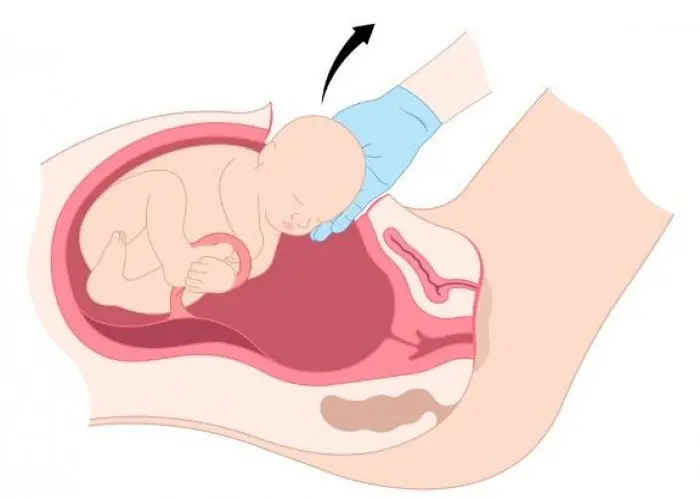
Fetal macrosomia
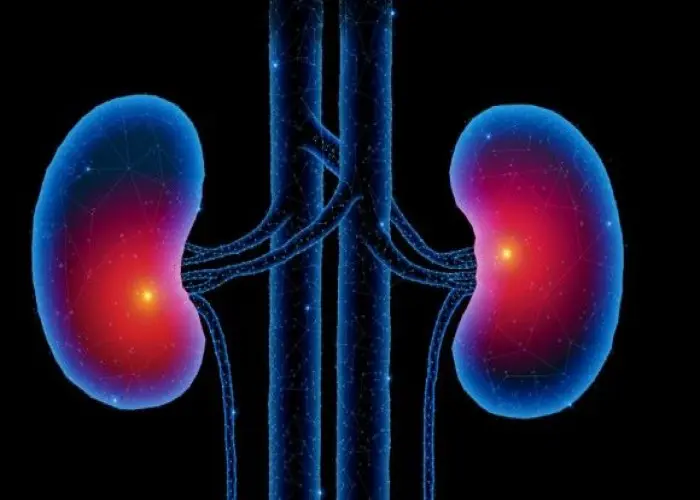
Chronic kidney disease
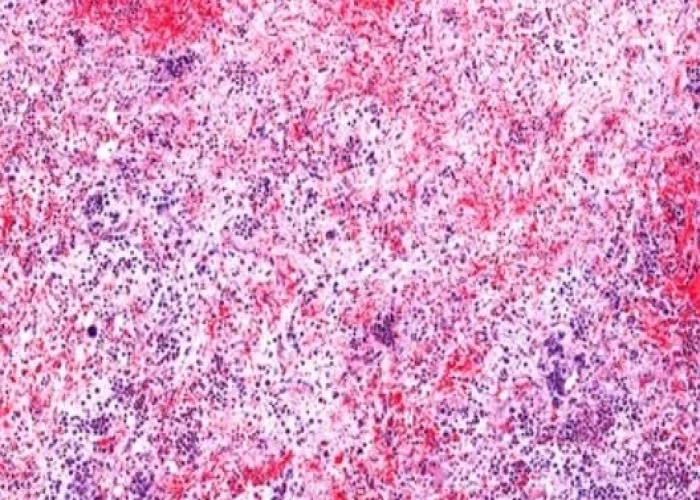
Myelofibrosis

Hoarding disorder
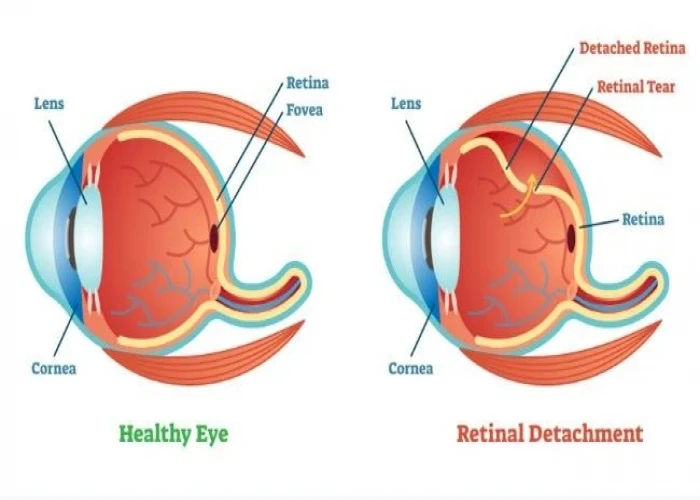
Retinal detachment

Osteomyelitis
hyponatremia, হাইপোনাট্রেমিয়া
To be happy, beautiful, healthy, wealthy, hale and long-lived stay with DM3S.
